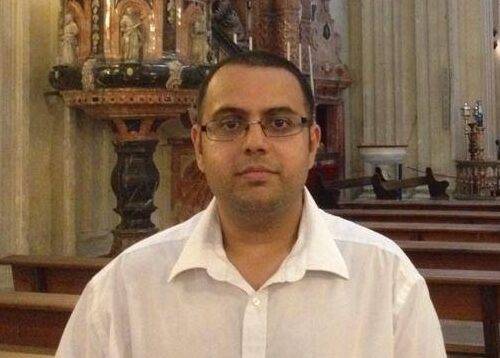What: Mustafa Kemal Ataturk declared the birth of the Republic of Turkey and became its first president.
Where: Ankara, Turkey.
When: 29 October 1923
What happened?
“Gentleman! We shall declare the republic tomorrow,” Mustafa Kemal Ataturk told lawmakers at a dinner party on the eve of 29 October, 1923. At a parliamentary session the next day, the republic was voted into existence and Ataturk was elected to lead it.
Although Turkey had already been a de facto republic for three years since the opening of the Grand National Assembly of Turkey, officially it was still ruled by the Ottoman emperor. Ataturk’s declaration brought to an end six centuries of imperial rule. He would use his new power to embark on an ambitious project to build a modern, secular, national identity, which would see him revered as the father of the nation. The name “Ataturk” literally means “father of the Turks”.
Born in Thessaloniki in present-day Greece as Ali Reza Oglu Mustafa (“Mustafa son of Ali Reza”), Ataturk’s early life was influenced by the crumbling Ottoman order in Europe. As a middle-class Turkish-speaking Muslim, this would have shaped his attitudes towards the Ottoman system.
READ: Turkey’s Erdogan says it’s time for two-state solution in Cyprus
There has been much debate over Ataturk’s ethnic origins. His father is thought by some to have been of Albanian origin, although others assert that he was Turkic. His mother’s background has also been the subject of intense debate over whether she was Turkic or not. Some assert that Ataturk’s origins are either Jewish or Bulgarian, which in its own way illustrates the fact that the Ottoman Empire was ethnically, culturally and religiously diverse.
Pre-modern notions of ethnicity differ sharply from modern ideas. Ataturk was born at a time when the old ideas about identity and belonging were being eclipsed by the new way of thinking. Growing up in this environment and attending military schools ensured that his career trajectory took him into the Ottoman Army. A war hero who earned his stripes in the 1911-1912 Italo-Turkish War, the Balkans, the First World War and the War of Independence, Ataturk was already a man admired by many even before he became President of the Republic.
The central objective during his time in office was to build a modern nation state with a strong Turkish identity. Most people who lived within the borders of the newly-formed republic did not fit the new ideas about ethnicity. The people had many different backgrounds, including central and eastern European, North African, Central Asian and Arab. They all had to be “Turkified” and so many of Ataturk’s anti-Ottoman measures were as much about building Turkish identity as relegating Islam and its practice to the personal sphere.
For example, in 1928 the new republic enacted a series of reforms which led to the alphabet being converted from the Ottoman’s Arabic script to a Latinised version. The intention was to break with the Ottoman past, which by the time Ataturk was born was characterised by a failed political order, revolutions, wars and ethnic assertions of self-determination, and create a distinct new identity.
READ: Why is the Turkish opposition demanding early elections?
This was complicated by the presence of a Muslim majority in Turkey and the practice of Islam, which clashed with Ataturk’s notion of a secular state. At that time, Sunni Muslim identity was a crucial part of being Turkish. In the 1920s, Ottoman Greek Christians and Greek Muslims were forced out of their respective countries and exchanged by the new governments in Athens and Ankara. Being Muslim and Turkish were thus tied together right from the beginning of the republic.
Despite this, Ataturk’s reforms abolished the caliphate and Sharia courts, and imposed European dress on men and women as he went about making Islam subordinate to the new political order. He went as far as forcing the call to prayer being made from mosques to be in Turkish rather than Arabic as it was and remains in every mosque in the world. This change in Turkey lasted until 1950 when it reverted to the traditional Arabic. The country has undergone a gradual resurgence in Islamic awareness and practice over the past few decades.
The top-down approach to governance created an authoritarian framework for leadership in the Republic of Turkey. While it is now unquestionably a democracy, a preference for strong leaders still exists within Turkish political culture, a trait which has been reinforced by frequent military coups and attempted coups. In many ways, this is Ataturk’s legacy in modern Turkey.
The views expressed in this article belong to the author and do not necessarily reflect the editorial policy of Middle East Monitor.











